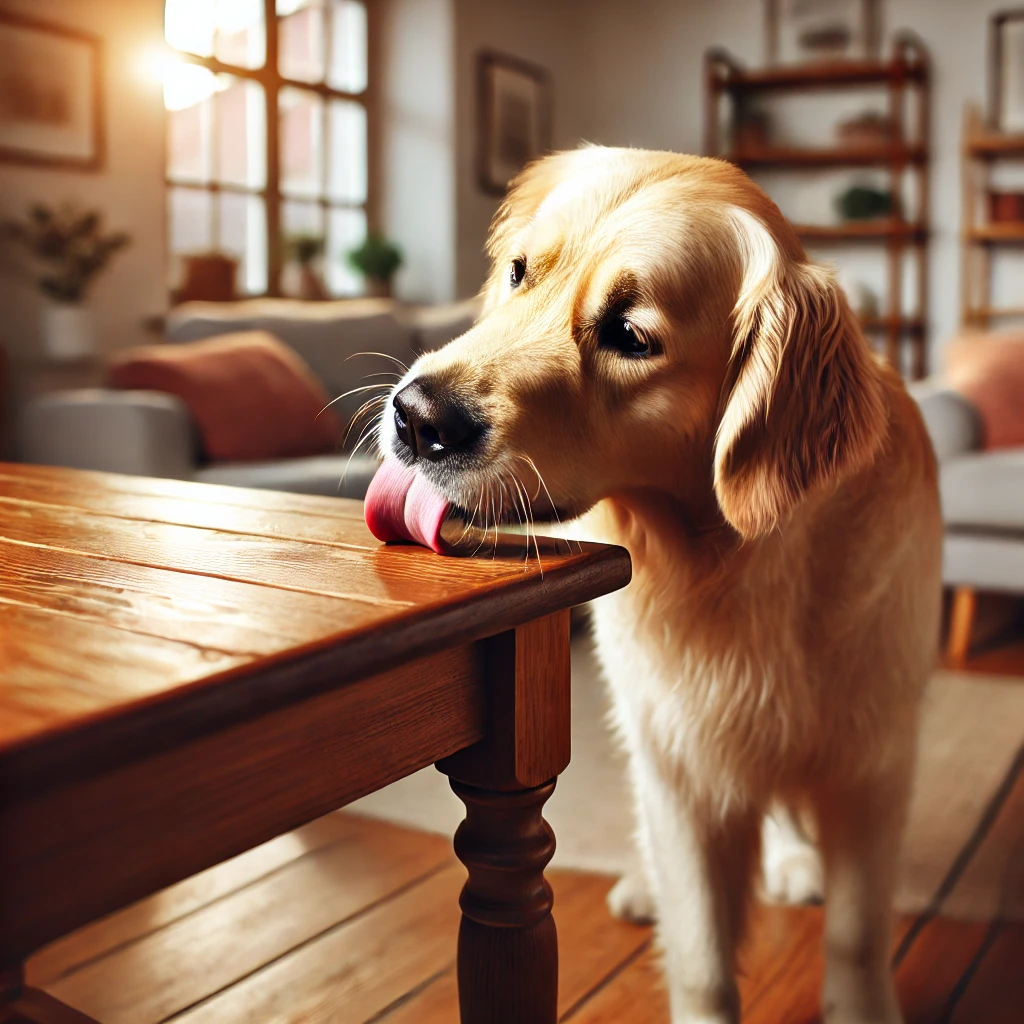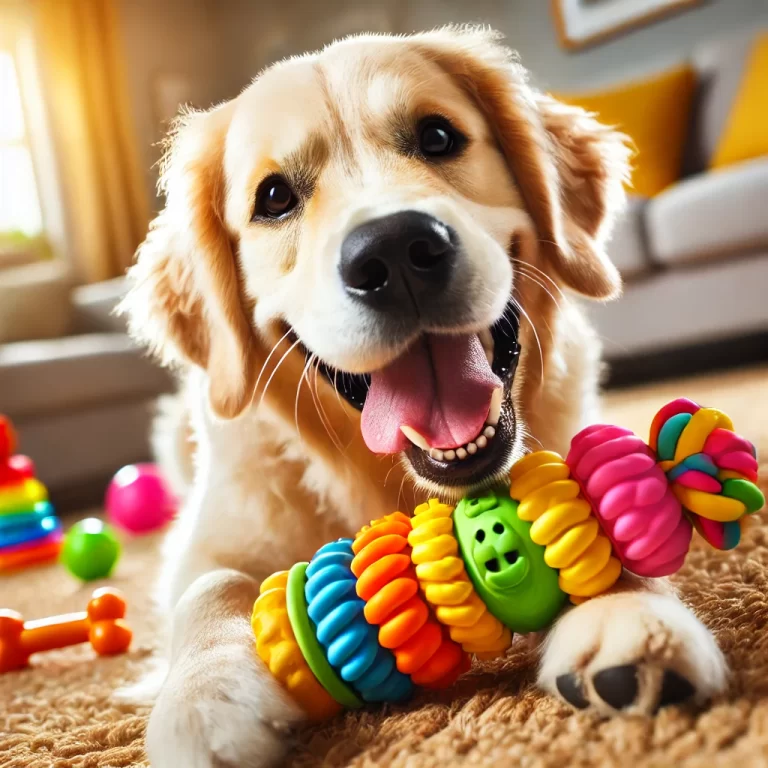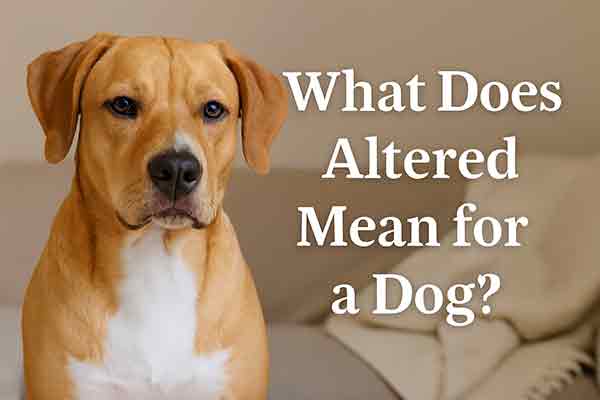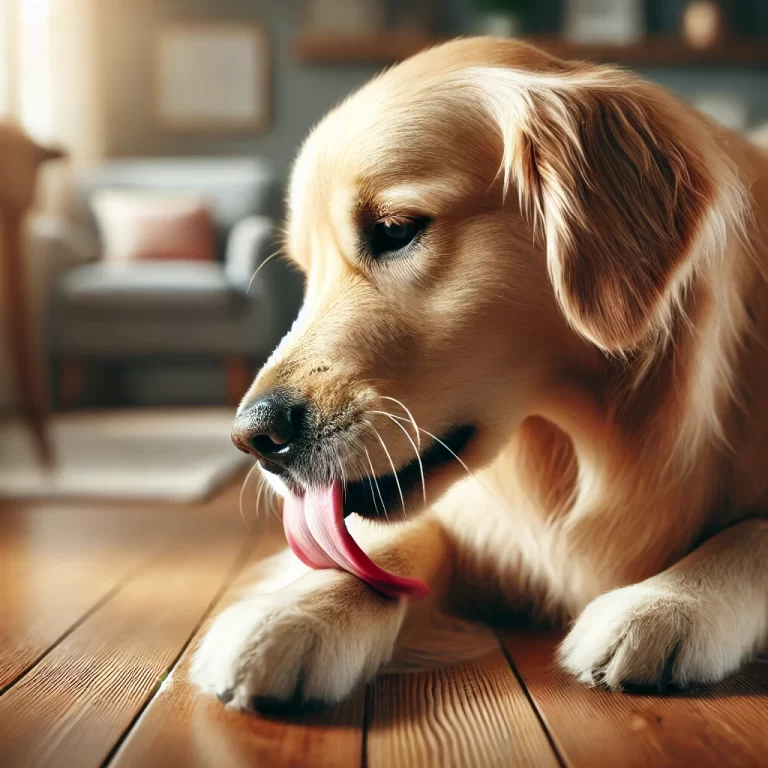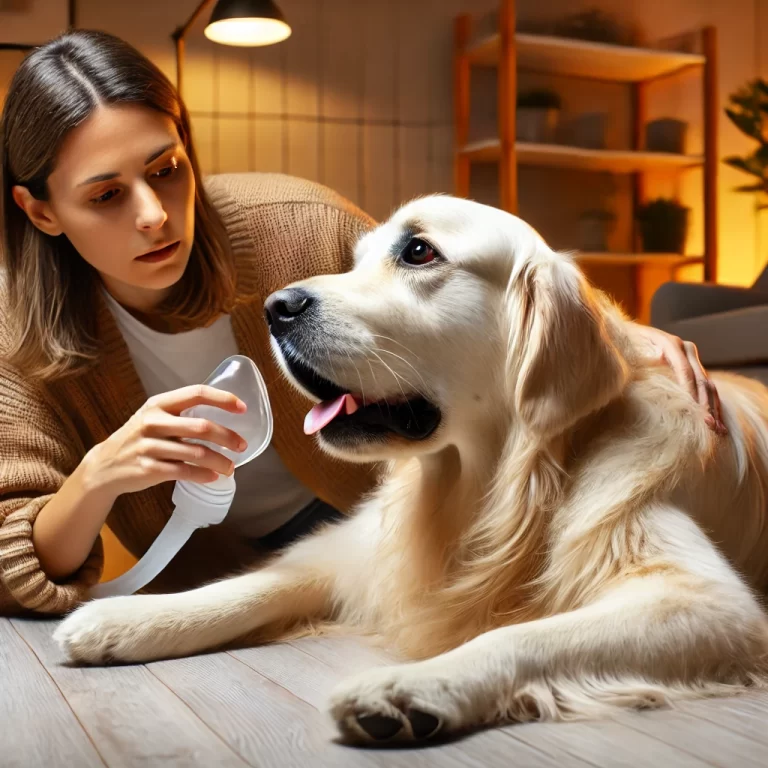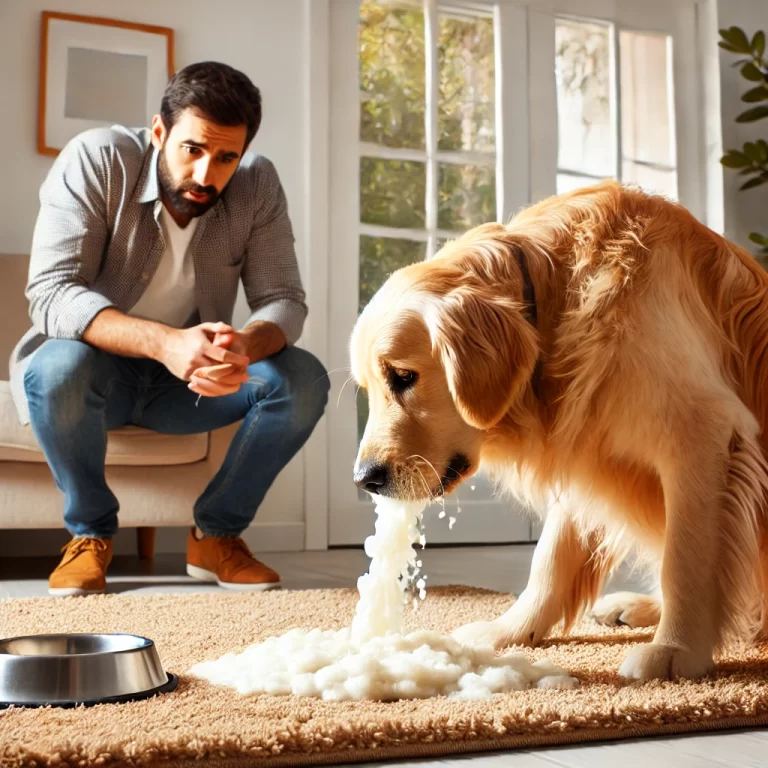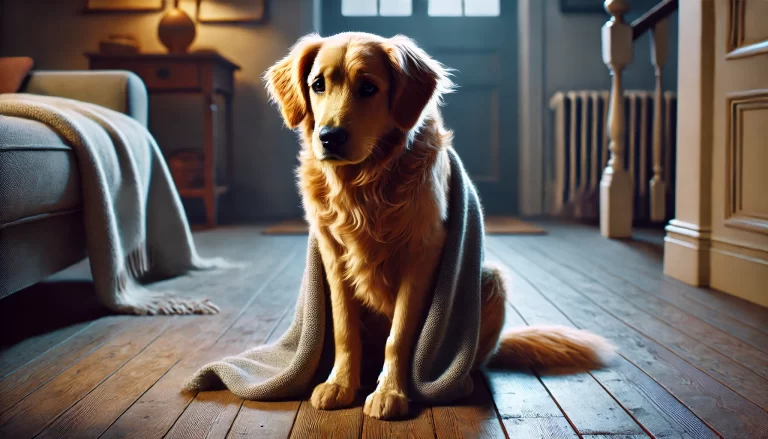Why Is My Dog Licking Everything?
If you’ve noticed your dog obsessively licking the floor, furniture, their paws, or even you, you might be wondering: Why is my dog licking everything? While occasional licking is normal, excessive licking can indicate underlying issues. In this article, we’ll explore the reasons behind this behavior and what you can do to manage or stop it.
Common Reasons Dogs Lick Everything
1. Exploration and Natural Instinct
Dogs experience the world through their senses, and licking is one way they explore their environment. Just like humans use their hands to touch things, dogs use their tongues to taste and gather information about their surroundings.
2. Seeking Attention and Affection
If your dog constantly licks you, it could be their way of expressing love and seeking attention. Licking releases endorphins, making them feel calm and happy. If they receive positive reinforcement—like petting or verbal praise—when licking, they’ll likely continue the behavior.
3. Hunger or Thirst
Dogs may lick objects, floors, or furniture when they are hungry or thirsty. If they find food residue or crumbs, they might continue licking in hopes of finding more.
4. Boredom or Anxiety
Licking can be a self-soothing behavior in dogs suffering from boredom, anxiety, or stress. If your dog is left alone for long periods or lacks mental stimulation, they might develop excessive licking as a coping mechanism.
5. Gastrointestinal Issues
Medical studies have linked excessive licking to gastrointestinal (GI) disorders. Dogs with nausea, acid reflux, or an upset stomach may lick objects obsessively to relieve discomfort.
6. Skin Allergies or Irritation
If your dog is licking their paws or body excessively, they might have allergies, dry skin, or an underlying skin condition. Common allergens include food ingredients, pollen, and household cleaning products.
7. Pain or Discomfort
Dogs sometimes lick specific areas of their body if they are experiencing pain. Joint pain, arthritis, or an injury can cause dogs to focus their licking on a particular spot.
8. Compulsive Behavior (Obsessive-Compulsive Disorder – OCD)
Some dogs develop compulsive licking, which can be a symptom of canine OCD. This behavior can be difficult to manage without professional intervention.
How to Stop Excessive Licking
1. Identify and Address the Underlying Cause
To effectively stop excessive licking, determine the root cause. Observe your dog’s behavior and take note of any patterns. If the licking is triggered by boredom, stress, or medical issues, addressing the underlying issue is key.
2. Increase Exercise and Mental Stimulation
A well-exercised and mentally stimulated dog is less likely to develop excessive licking habits. Provide daily walks, playtime, and interactive toys to keep them engaged.
3. Use Positive Reinforcement Training
Teach your dog alternative behaviors. When they start licking excessively, redirect their attention to a toy or command like “sit” or “stay.” Reward them with treats when they stop licking.
4. Adjust Their Diet and Hydration
Ensure your dog is receiving a balanced diet with high-quality ingredients. If you suspect food allergies, consult your vet about an elimination diet. Also, provide fresh water at all times.
5. Address Anxiety or Stress
If anxiety is causing your dog to lick excessively, consider calming techniques such as puzzle toys, calming treats, or a weighted blanket. In severe cases, consult a vet or animal behaviorist for further guidance.
6. Check for Medical Issues
If your dog’s licking seems excessive and persistent, schedule a vet visit. A professional can rule out gastrointestinal issues, skin allergies, pain, or neurological conditions.
7. Apply Safe Deterrents
If your dog licks furniture or floors, consider using safe, non-toxic deterrent sprays with bitter flavors. However, this should only be a temporary measure while addressing the root cause.
When to See a Veterinarian
If your dog’s licking is excessive, persistent, or accompanied by other concerning symptoms (e.g., vomiting, diarrhea, hair loss, or loss of appetite), seek veterinary care immediately. A vet can determine if there’s an underlying medical condition requiring treatment.
Conclusion
Licking is a normal dog behavior, but excessive licking can indicate deeper issues, including medical conditions, stress, boredom, or dietary needs. Understanding why your dog licks everything and taking steps to address the root cause will help ensure their well-being and happiness. If in doubt, always consult your veterinarian for professional advice.

